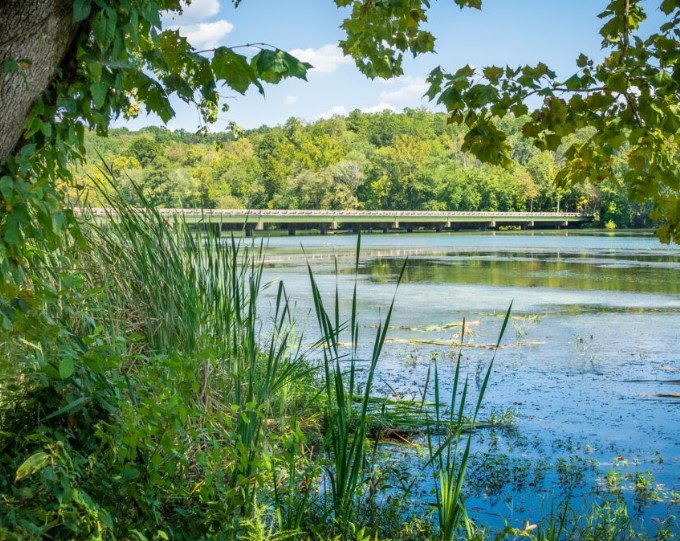In a recent turn of events, Florida Governor Ron DeSantis announced that the controversial proposal to develop state parks with new amenities such as golf courses and pickleball courts is being reconsidered. This decision comes after significant public backlash and protests from environmental groups and concerned citizens. The proposed “Great Outdoors Initiative” aimed to increase public access to state parks but faced criticism for potentially harming natural habitats and disrupting the parks’ ecological balance.
Public Outcry and Environmental Concerns
The initial proposal to develop state parks included plans for building lodges, pickleball courts, and golf courses. However, this sparked a wave of protests from environmentalists and local communities. Critics argued that such developments would lead to the destruction of natural habitats and negatively impact wildlife. The public outcry was significant, with many voicing their concerns at public hearings and through various media channels.
Environmental groups were particularly vocal, emphasizing the importance of preserving the natural state of Florida’s parks. They argued that the proposed developments would not only disrupt the ecosystem but also set a dangerous precedent for future projects. The backlash was strong enough to prompt Governor DeSantis to reconsider the plans and instruct the Department of Environmental Protection (DEP) to go back to the drawing board.

The governor acknowledged the concerns raised by the public and stated that the proposal was not ready for implementation. He emphasized the need for a more balanced approach that would enhance public access without compromising the integrity of the parks. This decision has been welcomed by environmentalists, who see it as a victory for conservation efforts.
Legislative and Administrative Responses
In response to the controversy, Governor DeSantis has directed the DEP to revise the proposal and engage more with local communities and stakeholders. The aim is to develop a plan that balances recreational opportunities with environmental preservation. This move is seen as an attempt to address the concerns raised by the public and ensure that any future developments are in line with the state’s conservation goals.
The DEP has been tasked with organizing additional public hearings and consultations to gather more input from residents and environmental experts. This inclusive approach is intended to create a more comprehensive and acceptable plan. Lawmakers are also considering new legislation to regulate developments in state parks more strictly, ensuring that environmental impacts are thoroughly assessed before any projects are approved.
Governor DeSantis has reiterated his commitment to conservation and maintaining Florida’s natural beauty. He has assured the public that any future proposals will be carefully scrutinized to prevent ecological damage. This reassessment process is expected to take several months, with the DEP working closely with various stakeholders to develop a revised plan.
Future of State Park Development
The future of state park development in Florida remains uncertain as the DEP works on revising the proposal. The focus will likely shift towards more sustainable and environmentally friendly projects that enhance public access without compromising the parks’ natural state. This could include smaller-scale developments such as improved hiking trails, educational programs, and eco-friendly facilities.
The controversy has highlighted the need for a more thoughtful approach to park development. It has underscored the importance of public participation in decision-making processes and the need to balance recreational opportunities with environmental preservation. The DEP’s revised proposal is expected to reflect these considerations, aiming to create a plan that benefits both the public and the environment.
Governor DeSantis has expressed his hope that the revised plan will address the concerns raised and provide a blueprint for future developments. He has emphasized the importance of transparency and public engagement in the process. As the DEP works on the new proposal, all eyes will be on how the state balances development with conservation.

Comments